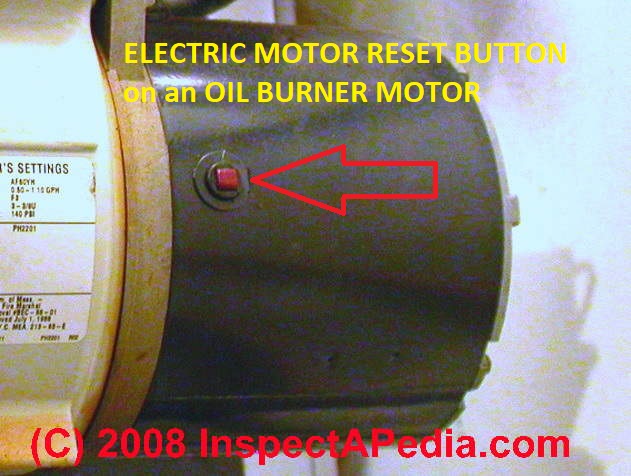A magnetic contractor or starter is uniquely made to produce power to electric motors. Video for Licensed HVAC Professionals ONLY. How to Troubleshoot my contactor if it does hoot my contactor if it does not close ? Tools required : - A controller to check voltage and resistance.
Infinite resistance means the coil is open.
The shorted coil will usually have significantly .

How HVAC Contactor Relays Work, Troubleshooting Procedure, 24v, 120v, 240v Wiring, Problems signs that they are Ba Reading coil resistance, fla ratings, an.
That was an easy test and swap out . If you cannot get the unit to come on in cool mode at the thermostat and you do the con. When concern of high temperatures on and around the contactor please check the following (also see picture below for max permitted temperatures). Make sure the connections are properly torqued.
The very first thing that you should check is if the contactor coil can still move the contact assembly.
If the answer is no, you may be having an open circuit. An open circuit stems from the inability of the contactor to energize. To be really certain, check the voltage of the coil terminals.
Working through the system Motor to disconnect,overloads, contactor and.
Also use the volt meter to test the terminals across the thermostat e. Another way to test one is to see if voltage is going from one side to the other. The other side will only have voltage when the contactor is engaged and working. Learn how to test solonoids, coils, contactors , solenoids and relays.
Use this troubleshooting guide in this case: contactor successfully closed but on stop order (remove voltage on coil) the power is still applie even partially, to the load. Pand Vrefers to 230VAC and 400VAC. These voltages are the European Standard voltages for single and three phase supplies across the ETA.
In reality actual generated voltages have remained the same, mainland Europe . How to Find the Contactor Control Coil Voltage. Checking Continuity on the Coil.
Typical Coil Codes and Voltages.
No comments:
Post a Comment
Note: only a member of this blog may post a comment.